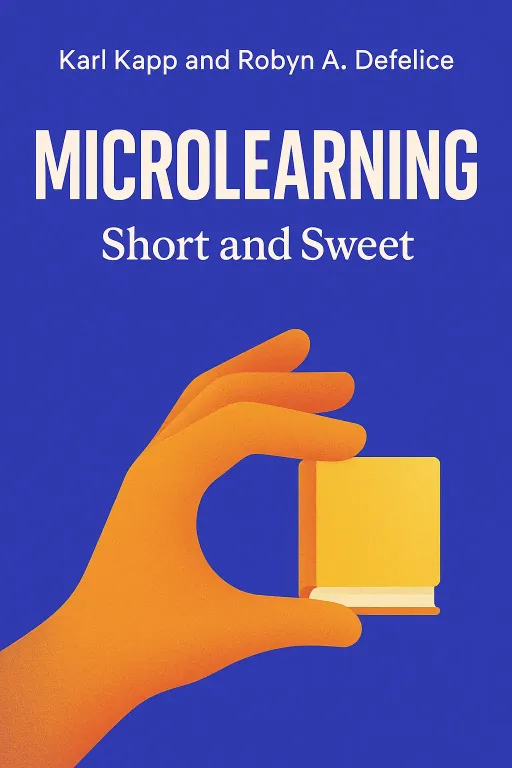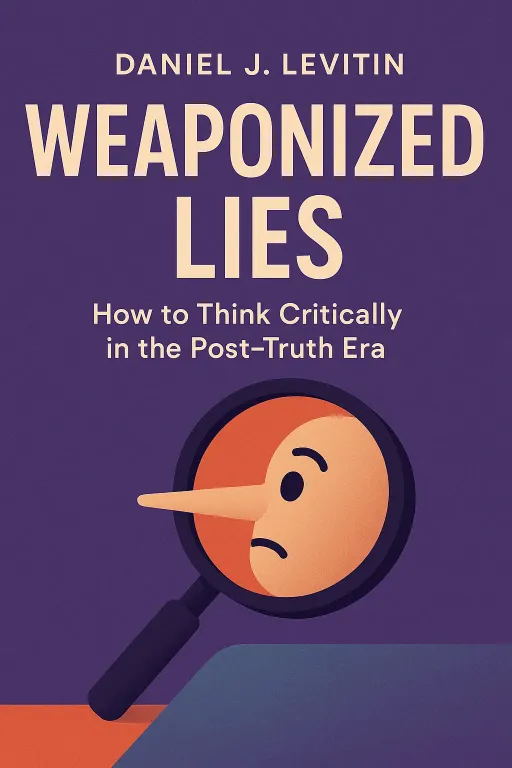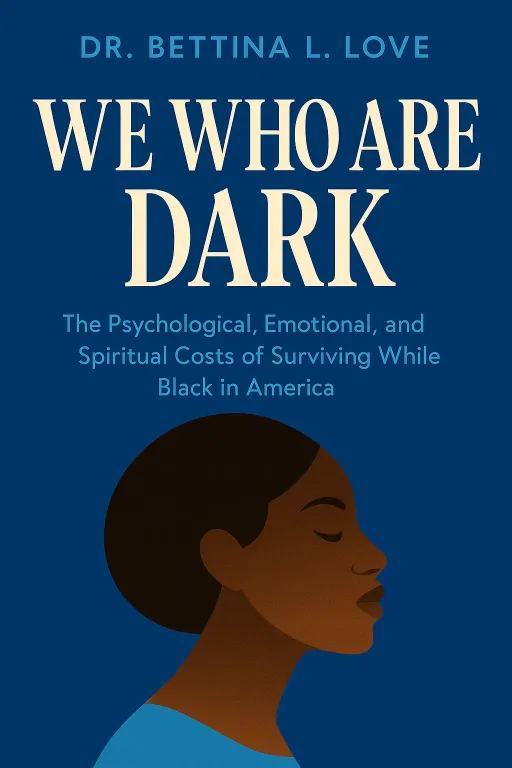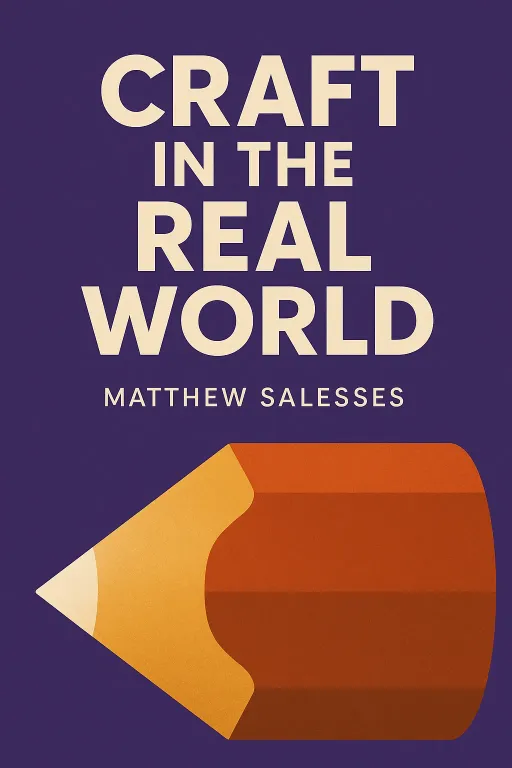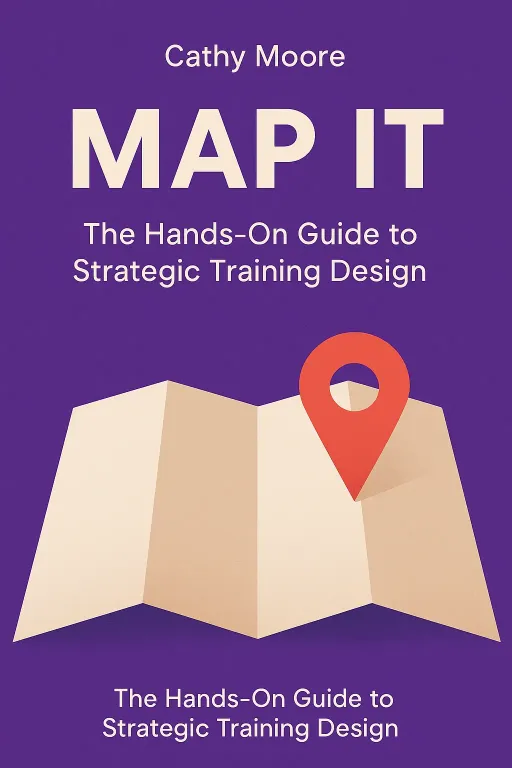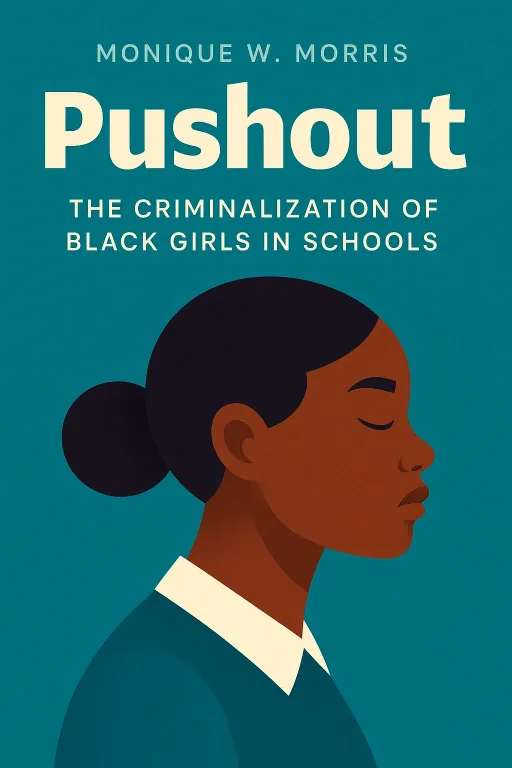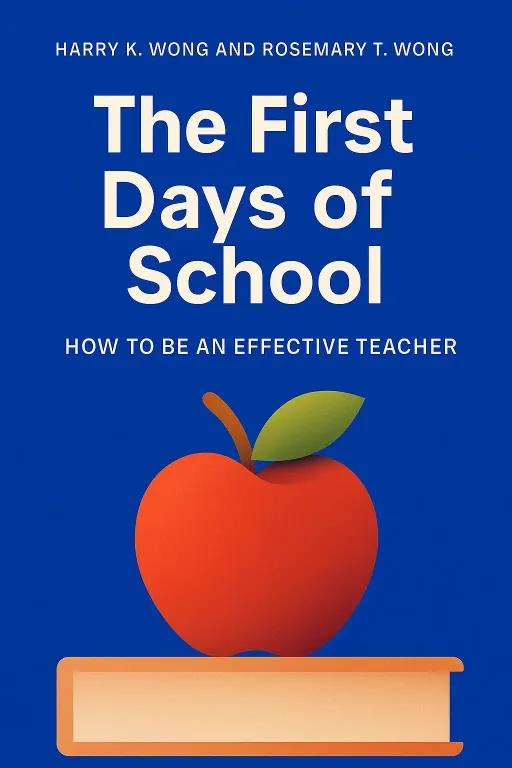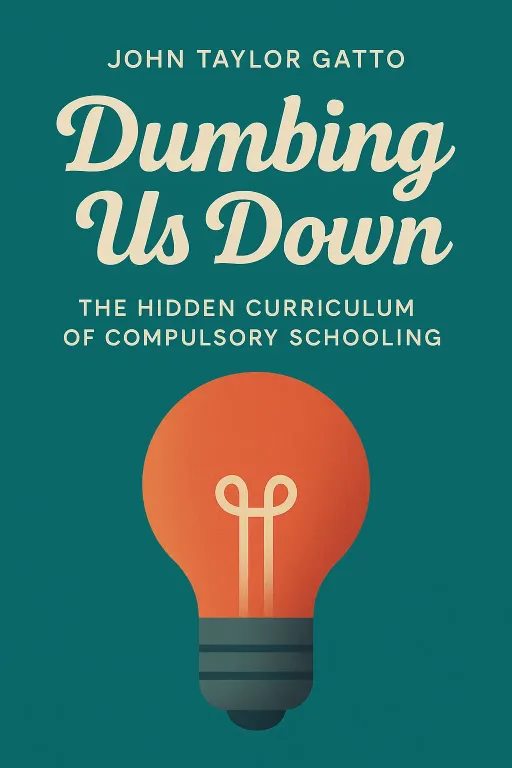
Dumbing Us Down
10 minThe Hidden Curriculum of Compulsory Schooling
Introduction
Narrator: What if the institution we trust to build our children’s minds was never designed for that purpose? What if its constant state of perceived crisis, its overcrowded classrooms, and its frustrating results were not signs of failure, but of a spectacular, hidden success? Imagine a system engineered not to enlighten, but to manage; not to foster independence, but to cultivate a predictable and compliant workforce. This is the unsettling premise at the heart of John Taylor Gatto’s explosive critique, Dumbing Us Down: The Hidden Curriculum of Compulsory Schooling. Drawing on his thirty years as an award-winning teacher in New York City, Gatto presents a powerful argument that modern schooling is a system of social engineering, one that achieves its true goals with chilling efficiency.
The Illusion of Failure
Key Insight 1
Narrator: The central, most provocative argument in Dumbing Us Down is that the American public school system is not broken. On the contrary, it is a resounding success at achieving its real, albeit unstated, purpose. This purpose, Gatto contends, is to produce a population that is physically, intellectually, and emotionally dependent on corporate and government institutions. The system was designed to create a docile, manageable workforce for the 20th-century mass-production economy.
In the book's introduction, editor David Albert shares his own journey to this realization. He was initially puzzled by how an institution staffed by educated professionals and funded by billions could consistently "fail." The answer, he discovered in Gatto's work, was that it wasn't failing at all. The boredom, the competition, and the stratification weren't bugs; they were features.
Gatto himself uses the allegory of Ken Kesey’s novel, One Flew Over the Cuckoo’s Nest, to illustrate this point. The psychiatric ward, run by the controlling "Big Nurse," isn't designed to heal patients but to control them through rules, shame, fear, and dependency. The inmates, she reveals, are there voluntarily, too afraid to leave. Gatto argues that schools function as a similar system of control, a "Combine" that conditions children to accept authority, follow orders, and never challenge the system itself. The goal isn't to create critical, independent thinkers, but to produce predictable human beings who will fit neatly into a hierarchical society.
The Seven-Lesson Hidden Curriculum
Key Insight 2
Narrator: To achieve this goal of management, schools teach a "hidden curriculum" far more influential than math or history. Gatto identifies seven of these lessons that are taught relentlessly. The first lesson is confusion. The curriculum is a disconnected jumble of facts presented without context. Subjects are taught in isolation, and the constant ringing of bells ensures that no topic can be explored with depth or passion. This teaches students that nothing is worth finishing and that life is a series of incoherent episodes.
Another critical lesson is indifference. By constantly interrupting a child's focus, school conditions them not to invest too deeply in any one thing. Just as a student gets absorbed in a problem or a story, a bell rings, and they must put it away and move on. This trains them for a world of short-term tasks and shallow engagement, preparing them for jobs that may require little personal investment. Other lessons include accepting one's assigned class position, becoming emotionally and intellectually dependent on experts for approval and knowledge, and developing a provisional self-esteem based entirely on the judgment of others. This curriculum, Gatto argues, is the true content of schooling.
The Psychopathic School and the Loss of Time
Key Insight 3
Narrator: Gatto describes the school institution itself as "psychopathic," meaning it operates without a conscience. It is a system that prioritizes its own rules and survival over the well-being of the children it serves. It isolates children from the real world, segregating them by age and cutting them off from their families and communities. This creates an absurd, artificial environment where genuine growth is nearly impossible.
He provides a stark analysis of a child's weekly schedule. Out of 168 hours in a week, about 56 are spent sleeping. Gatto points to reports showing that another 55 are spent watching television. Schooling—including class time, travel, and homework—consumes another 45 hours. This leaves a child with only about 9 hours of "free time" per week to develop a unique consciousness, explore personal interests, or simply be with family. This near-total consumption of a child's time by the twin forces of schooling and commercial entertainment leaves no room for the development of self-knowledge, which Gatto believes is the only basis of true knowledge.
The Lost World of Community
Key Insight 4
Narrator: To show what has been lost, Gatto contrasts the modern school "network" with the "community" of his childhood in Monongahela, Pennsylvania. A network, like a school, is a mechanical system that offers abstract solutions. A community, however, is an organic entity where people are known, valued, and connected. In Monongahela, the entire town was his teacher. He learned from his grandfather, the town printer; from the men working on the riverboats; and even from the local police officer. The community provided a rich, real-world education based on experience, responsibility, and human connection.
This is powerfully illustrated in the story of Milagros, a third-grade student Gatto taught as a substitute. He recognized she was a brilliant reader who had been wrongly placed in a low-level group. When he challenged the principal, he was met with bureaucratic resistance. But Gatto persisted, and after Milagros was re-tested and moved to the top group, she blossomed. Years later, he learned she had become a distinguished teacher herself. This experience solidified his belief that his true job wasn't to follow a script, but to see the individual child and advocate for them—a role that the impersonal school network is designed to prevent.
A Path Forward Through the Congregational Principle
Key Insight 5
Narrator: Gatto doesn't just critique the system; he offers a blueprint for an alternative, drawing from American history. He champions the "Congregational Principle," a model of governance from Colonial New England. In this system, each town and congregation was responsible for its own affairs, including education. There was no central authority dictating curriculum or standards. This led to a stunning diversity of approaches. The town of Dedham, for example, favored private land ownership, while neighboring Sudbury practiced communal farming.
This local control fostered a "dialectic," a constant process of debate and problem-solving that made communities adaptable and resilient. While acknowledging that this local power could lead to intolerance—as when Dedham whipped and expelled Quakers—Gatto argues that these communities also had the capacity to self-correct over time. The ultimate solution, he proposes, is a free market in education where families, empowered with their own tax dollars, can choose from a wide variety of small, experimental schools—or create their own. This would restore choice and responsibility to families and communities, where it rightfully belongs.
Conclusion
Narrator: The single most important takeaway from Dumbing Us Down is that compulsory schooling is not a neutral or benevolent force for intellectual development. It is a system of social management designed to produce a predictable, dependent, and easily managed populace. Gatto forces us to confront the reality that the institution we see as the bedrock of education may in fact be the primary obstacle to it.
His work leaves us with a profound and uncomfortable challenge. It asks us to stop tinkering with a fundamentally flawed system and instead question its very premises. Are we willing to dismantle the mechanisms of control, to reject the hidden curriculum, and to trust that families and communities can once again become the primary centers of learning? The future of education, Gatto insists, depends not on more schooling, but on our courage to reclaim it.
